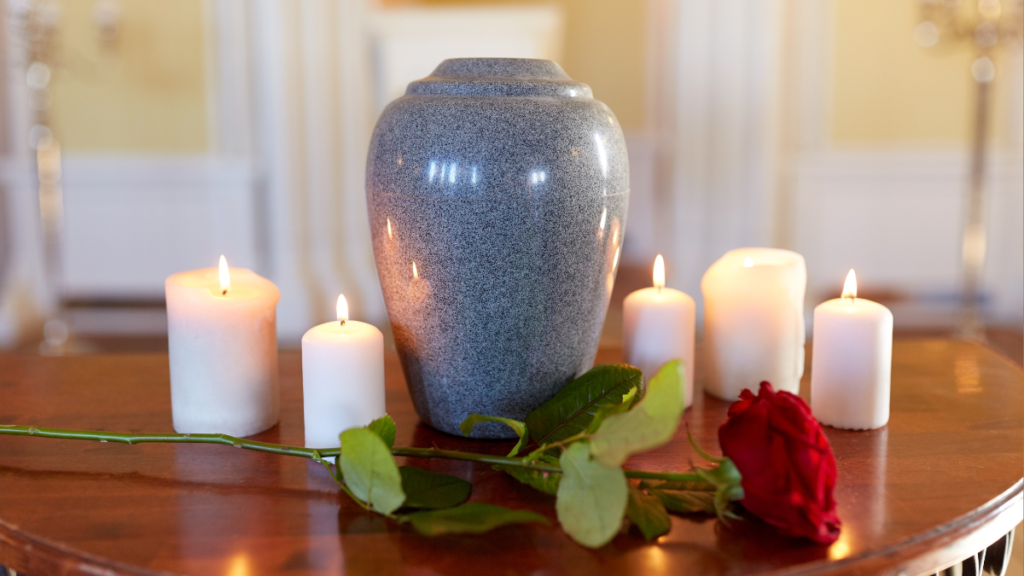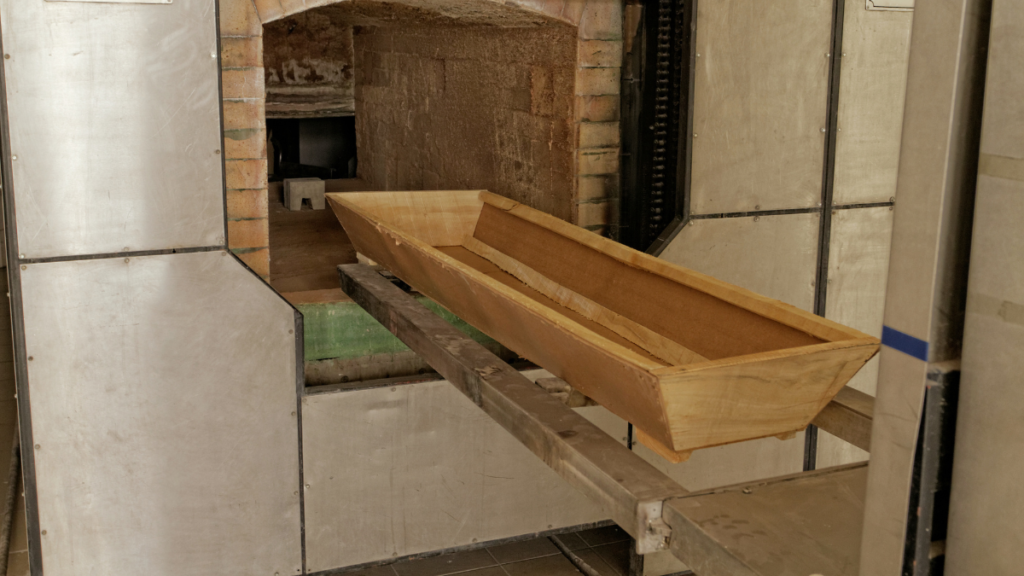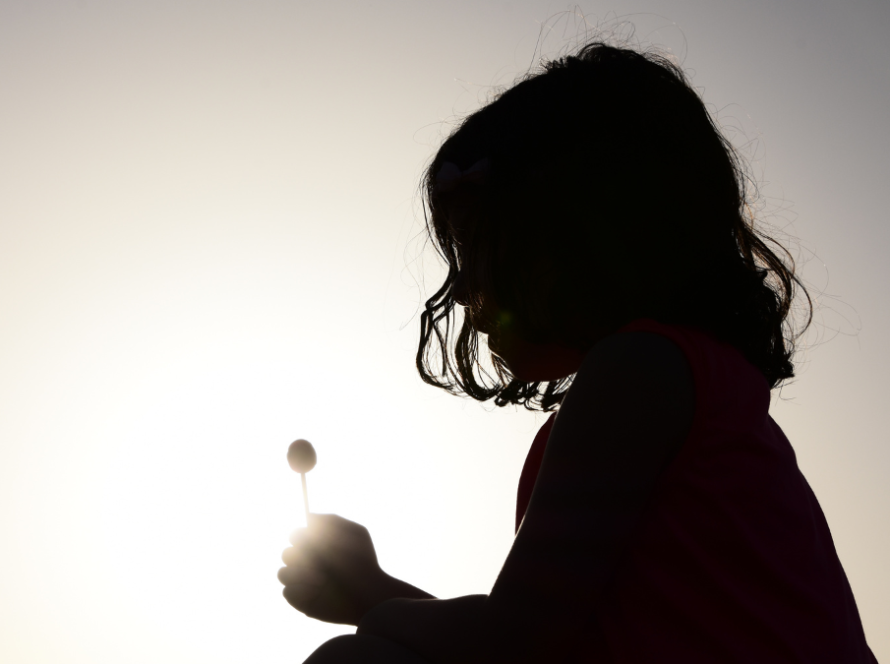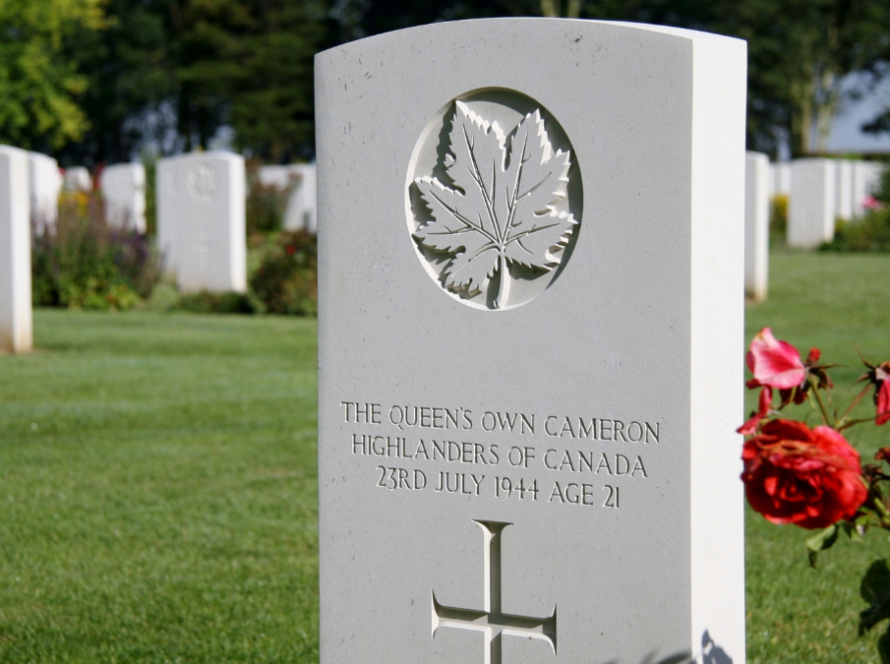Cremation is a widely accepted funeral practice in Malaysia, embraced by diverse communities including Hindus, Buddhists, Christians, and those opting for non-religious ceremonies. Yet, despite its growing popularity, many misconceptions surround the cremation process, often fueled by cultural beliefs or lack of awareness. These cremation myths in Malaysia can create confusion, making it harder for families to make informed decisions during a difficult time. From concerns about cost to questions about religious acceptability, myths persist across the country’s multicultural landscape.
In this article, we debunk 10 common cremation myths in Malaysia to provide clarity and peace of mind. Whether you’re planning ahead or supporting a loved one, understanding the cremation process in Malaysia is essential. Let’s separate fact from fiction and explore the truth behind cremation in our diverse nation.
Why Cremation Myths Matter in Malaysia
In Malaysia’s multicultural society, cremation is a significant practice for many communities, yet cremation misconceptions in Malaysia often lead to hesitation or uncertainty. Myths about cost, environmental impact, or religious compatibility can cloud judgment, especially during the emotional process of planning a funeral. These misunderstandings may prevent families from choosing cremation, even when it aligns with their values or practical needs.
Addressing these myths is crucial in a country where Hindu, Buddhist, and Christian traditions coexist alongside modern, non-religious preferences. By debunking cremation myths in Malaysia, we empower families to make confident, informed choices that honor their loved ones. Understanding the facts about cremation helps bridge cultural gaps and ensures respectful farewells tailored to Malaysia’s diverse beliefs.
10 Common Cremation Myths Debunked
Cremation myths in Malaysia often stem from cultural misunderstandings or outdated beliefs. Below, we debunk 10 common misconceptions to provide clarity about the cremation process in Malaysia, helping families make informed decisions.

1. Cremation is Against Religious Beliefs
Myth: Many believe cremation is forbidden by most religions in Malaysia.
Truth: Cremation is widely accepted across several faiths in Malaysia. Hinduism and Buddhism, practiced by many Malaysians, traditionally favor cremation as part of their funeral rites. Certain Christian denominations, such as Methodists and Anglicans, also permit it. While Islam typically prefers burial, cremation is a personal choice for non-religious individuals.
Cultural Context: In Malaysia, Hindu cremations often involve open-air pyres or modern crematoriums, while Buddhists may combine cremation with prayer ceremonies. These practices reflect deep respect for the deceased.
2. Cremation is Expensive
Myth: Cremation is thought to be unaffordable for most Malaysian families.
Truth: Cremation can be more cost-effective than traditional burials, with basic packages starting at reasonable prices in Malaysia. Providers like Nirvana Malaysia and Xiao En Centre offer transparent pricing, including cremation, urns, and memorial services, tailored to various budgets.
Cultural Context: Many Malaysian families appreciate affordable cremation options, especially in urban areas like Kuala Lumpur and Penang, where burial plots are costly and scarce. Comparing costs upfront helps families plan without financial strain.
3. Cremation Destroys All Remains
Myth: Some believe cremation leaves no trace of the deceased.
Truth: Cremation reduces the body to ashes (cremains), which are collected and returned to families in an urn. Families can choose to keep, scatter, or store the ashes in a columbarium.
Cultural Context: In Malaysia, scattering ashes at sea or in designated areas is common among Chinese and Hindu communities. Columbariums, like those at Nirvana Memorial Park, provide serene spaces for storing ashes, reflecting Malaysian traditions of honoring ancestors.
4. Cremation is a Complicated Process
Myth: People assume cremation involves complex procedures that are hard to navigate.
Truth: The cremation process in Malaysia is straightforward, managed by professional crematorium staff. Families provide necessary documents, and the provider handles the rest, from preparation to ash collection. Facilities in Kuala Lumpur, Johor, and Penang are equipped for efficiency.
Cultural Context: Reputable providers guide families through each step, ensuring compliance with Malaysian regulations. This simplicity allows families to focus on memorial planning, such as Buddhist chants or Christian prayers, common in local funerals.
5. Cremation is Environmentally Harmful
Myth: Cremation is seen as damaging to the environment.
Truth: Modern crematoriums in Malaysia use advanced technology to minimize emissions, making cremation more eco-friendly than older methods. Some facilities incorporate energy-efficient systems to reduce their carbon footprint.
Cultural Context: Eco-conscious Malaysians, especially in urban centers, value sustainable practices. Cremation is often chosen over burial to preserve land, aligning with environmental concerns in a rapidly developing nation.
6. Cremation Prevents a Proper Farewell
Myth: Families worry that cremation skips meaningful goodbye rituals.
Truth: Cremation allows for flexible memorial services before or after the process. Families can hold viewings, prayers, or ceremonies to honor the deceased, tailored to their beliefs.
Cultural Context: In Malaysia, Hindu families may perform rituals at home before cremation, while Chinese Buddhists often conduct elaborate memorial services post-cremation. These traditions ensure a respectful farewell, regardless of cremation.
7. Cremation Ashes are Mixed with Others
Myth: There’s a fear that ashes from different individuals get mixed during cremation.
Truth: Malaysian crematoriums follow strict protocols to ensure ashes remain separate. Each cremation is conducted individually, with thorough cleaning between sessions to maintain integrity.
Cultural Context: Trustworthy providers like MBPJ Crematorium in Petaling Jaya prioritize transparency, reassuring families about the sanctity of their loved one’s remains. This is especially important for Malaysian families who value ancestral veneration.
8. Cremation is Only for Certain Ethnic Groups
Myth: Cremation is thought to be exclusive to specific communities, like Chinese or Indians.
Truth: Cremation is practiced across ethnicities in Malaysia, including Malay Christians, Indians, Chinese, and others. It’s a universal option for those who prefer it, regardless of background.
Cultural Context: Malaysia’s multicultural fabric means cremation is inclusive. For example, Indian Hindus cremate at places like Batu Caves Crematorium, while Chinese families use facilities like Fairy Park Klang, reflecting shared acceptance.
9. Cremation is Disrespectful to the Deceased
Myth: Some believe cremation lacks the dignity of traditional burials.
Truth: Cremation is a dignified process when conducted with care. Professional crematoriums in Malaysia handle remains respectfully, ensuring families feel their loved ones are honored throughout.
Cultural Context: Malaysian funeral customs, such as prayers and offerings, are integrated into cremation services, ensuring respect. For instance, Buddhist families may chant sutras, while Christians hold memorial masses, maintaining cultural reverence.
10. Cremation Has No Legal Recognition in Malaysia
Myth: There’s a misconception that cremation isn’t legally supported in Malaysia.
Truth: Cremation is fully recognized under Malaysian law, with clear guidelines for permits and procedures. Families need a death certificate and cremation permit, easily obtained through hospitals or funeral providers.
Cultural Context: In cities like Johor Bahru and Ipoh, cremation is a standard practice, with local authorities streamlining processes to support families. This legal clarity ensures smooth planning across Malaysia’s diverse communities.

How to Choose a Cremation Service in Malaysia
Selecting the right cremation service in Malaysia ensures a dignified farewell for your loved one. With numerous providers available, here are key tips to guide your decision. First, verify the provider’s licensing and reputation. Reputable crematoriums, such as Nirvana Malaysia or MBPJ Crematorium in Petaling Jaya, are transparent about their processes and comply with local regulations. Check online reviews or ask for recommendations from friends to confirm reliability.
Next, compare services and costs. Many providers offer packages that include cremation, urns, and memorial ceremonies, tailored to Malaysia’s diverse communities. For example, Xiao En Centre in Kuala Lumpur provides options for Buddhist and Christian families. Finally, discuss preferences with family members to honor cultural or religious traditions, ensuring a meaningful experience. Contact a trusted provider today to explore your options.
Frequently Asked Questions (FAQ)
Is Cremation Allowed for Muslims in Malaysia?
Cremation is not practiced in Islam, as burial is the preferred method according to Islamic teachings. However, Malaysia’s multicultural society respects diverse funeral choices, and non-Muslims, including Hindus, Buddhists, and Christians, commonly opt for cremation. Always consult religious leaders for guidance.
How Much Does Cremation Cost in Malaysia?
Cremation costs in Malaysia vary, with basic packages starting from RM 2,000 to RM 5,000, depending on the provider and services like urns or memorials. Reputable centers like Nirvana Malaysia offer transparent pricing. Compare options to find a package that suits your budget.
Can I Scatter Ashes in Malaysia?
Yes, scattering ashes is permitted in Malaysia, often at sea or designated areas, following local regulations. Many Chinese and Hindu families choose scenic locations like Port Dickson for this ritual. Check with your crematorium for guidance on legal and respectful scattering practices.
What Documents Are Needed for Cremation in Malaysia?
You’ll need a death certificate and a cremation permit, typically issued by hospitals or the police. Funeral providers, such as Xiao En Centre, assist with paperwork to ensure compliance with Malaysian laws, making the process seamless for families.
Conclusion
Understanding the truth behind cremation myths in Malaysia empowers families to make informed decisions during a challenging time. From debunking misconceptions about cost and religious acceptability to clarifying the cremation process, we’ve shown that cremation is a dignified, practical option for Malaysia’s diverse communities. Whether you’re honoring Hindu, Buddhist, Christian, or personal traditions, cremation offers flexibility and respect for your loved one’s legacy. By separating fact from fiction, you can approach funeral planning with confidence and peace of mind. Ready to explore cremation options? Reach out to a trusted provider in Malaysia to learn more about personalized services that align with your values and needs.





